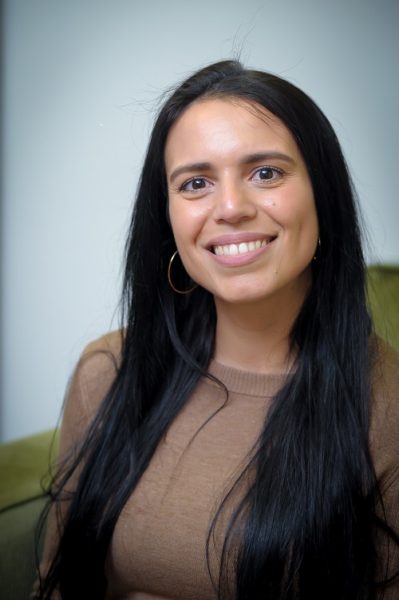A report calling for universal access to healthcare and raising the needs of migrants denied healthcare is launched today (Tuesday October 27th) co-authored by The Open University (OU).
Dr Kathryn Medien is lecturer in sociology and has co-authored a report by The New Economics Foundation and the Patients Not Passports coalition called: “The International Struggle for Universal Healthcare” – an investigation into the action and campaigns across Europe which are fighting against the exclusion of migrants from healthcare.
The report looks at how and why migrants have their right to healthcare restricted, and focuses on the practical lessons that people can learn about the fight to defend universal access to healthcare.
Dr Medien said:
“This report takes on a new urgency in the context of the ongoing COVID-19 pandemic. Health is currently at the forefront of our minds and the NHS is being celebrated as a marker of national pride. However, many people may not realise that the NHS isn’t free for everyone.
“Thankfully, treatment for COVID-19 is exempt from the NHS charging regime. However research has demonstrated that some migrants still face barriers to accessing treatment for COVID-19 – these include fears that they will be deported if they come forward for treatment.
“Exclusionary healthcare policies have a detrimental impact on the most vulnerable members of our society, and this should be something that concerns us all.”

The report draws on Dr Medien’s research into the history of passport checks and charges within the NHS, providing a historical and sociological contribution to this policy report.
She said: “My research reminds us that the struggle for universal healthcare is not a new struggle, and that divisions based on race and nationality have long been present within our health service.”
She explained that since 2015, people deemed not ordinarily resident in Britain have been subject to upfront charges for NHS secondary care, at 150% of the cost price for secondary care services. Any outstanding debts for NHS care, if left unpaid, are passed on to the Home Office, which can result in the refusal of future visa applications. Existing research has demonstrated the far-reaching negative impact that these regulations have on migrants in the UK.
Dr Medien said:
“This report demonstrates that rather than a singular case, these UK regulations are part of a growing European trend to introduce passport checks in hospitals and to exclude migrant populations from healthcare.
“Based on a comparative analysis of exclusionary healthcare policies in Italy, Sweden, Germany and Spain, this report documents the scope of these policies and, importantly, how they are being mitigated and resisted. As the report demonstrates, in the UK we have much to learn from the international struggle for universal healthcare.”
History reveals campaigns against “colour-bar”
Dr Medien’s research has focused on looking into the history of passport checks and restrictions for migrants within the British welfare state, revealing a long history of campaigning against such restrictions.
At the report launch on Tuesday October 27th, she highlights the little-known history of passport checks and charges for healthcare within the NHS, which were first introduced nearly 40 years ago in 1982. She will explain the migrant-led campaign, taken up to challenge a rationalisation of the policy, called No Pass Laws to Health!
Her research reveals that this campaign argued that the introduction of these charges created a “colour-bar” within the NHS and argued that this policy was discriminatory. Taking its name from the “pass law” system of Apartheid South Africa, the campaign argued that the charges “were racist both in intent and operation and are likely to result in the harassment of black patients and to deter them from using the National Health Service”. They suggested that we should all be concerned about this policy, no matter your nationality or citizenship status, because it represented the first step towards a privatised healthcare system for us all.
Dr Medien added:
“Drawing on my research, I ask what might we learn from this campaign today.”
Dr Medien is presenting the report with fellow authors Daniel Button from New Economics Foundation, James Skinner from Medact, Aliya Yule and Akram Salham of Migrants Organise.



